Understanding RCD Sockets
Residual Current Devices (RCDs) are critical safety components in modern electrical systems, designed to prevent electric shock and fire hazards. An RCD socket incorporates this safety mechanism directly into the socket, offering immediate protection against electrical faults. This introduction explores the various aspects of RCD sockets, including their types, applications, and features.
Types and Applications of RCD Sockets
There are several types of RCD sockets, such as the single RCD socket, which is suitable for individual appliances, and the RCD double socket, which accommodates two devices simultaneously. For outdoor use, an outdoor socket with RCD protection is essential to safeguard against the elements and potential electrical risks. In commercial settings, RCD power points are commonly installed to ensure a safer environment for high-powered machinery and equipment.
Features of RCD Sockets
RCD sockets are designed with various features to enhance safety and usability. A socket tester with RCD test function allows users to verify the protective measures of the socket, ensuring it is functioning correctly. For added convenience, a plug in RCD socket can be used, which allows for easy installation and portability. Moreover, RCD protected sockets are equipped with test buttons to perform regular checks on the device's operational integrity.
Materials and Advantages
The materials used in the construction of RCD sockets are chosen for durability and safety. Common materials include PVC and plastic, which offer a lightweight and impact-resistant housing. The advantages of using an RCD electrical socket are numerous, including the prevention of electrical accidents and the ability to control appliances remotely, which can contribute to energy savings.
Choosing the Right RCD Socket
Selecting the appropriate RCD socket requires consideration of several factors. The housing material should be robust enough to protect the internal wiring. The voltage and amperage ratings must match the requirements of the connected appliances. Additionally, the number of blades should correspond to the device's needs without any modification. For external applications, an RCD external socket is recommended due to its weather-resistant properties.
Conclusion
In conclusion, RCD sockets are an indispensable part of electrical safety. Whether it's a rcd wall socket for indoor use or an outdoor plug socket with RCD for exterior applications, these devices provide essential protection against electrical faults. It is important to choose the correct type and features to match specific needs, ensuring a safer environment for both residential and commercial settings.
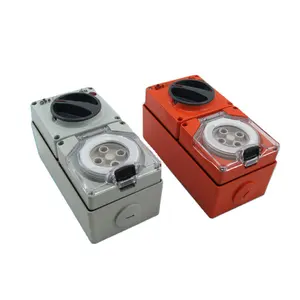
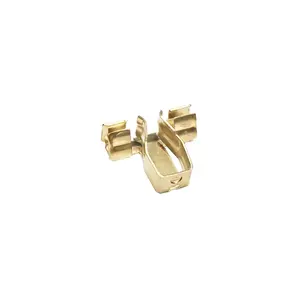







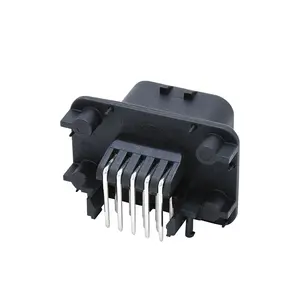

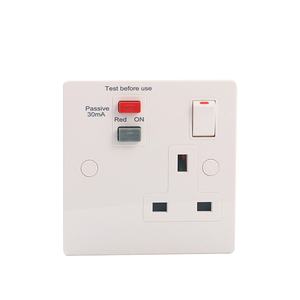




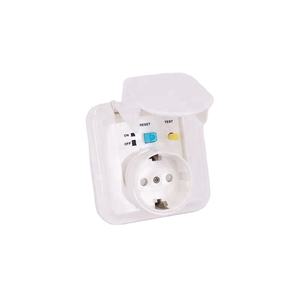
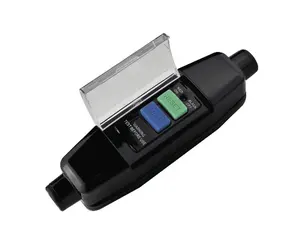

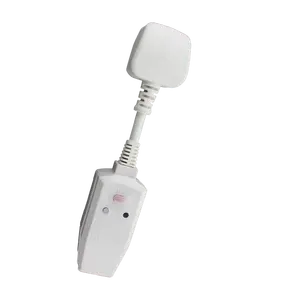





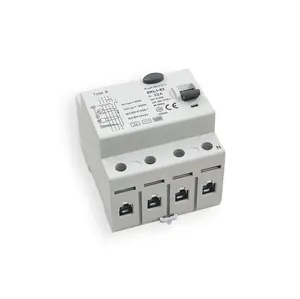

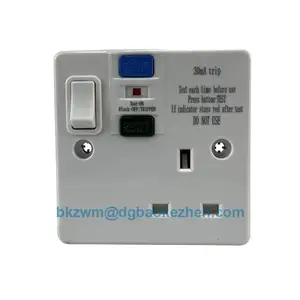






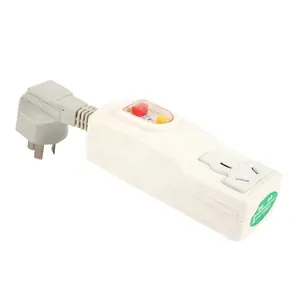
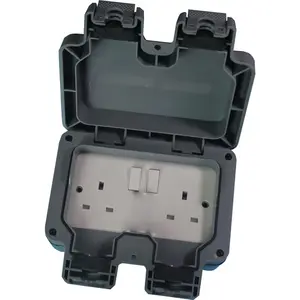
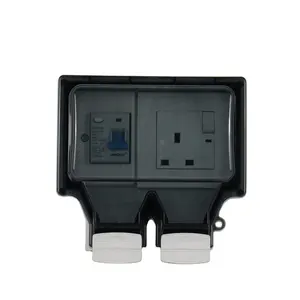








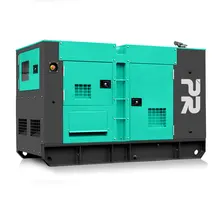

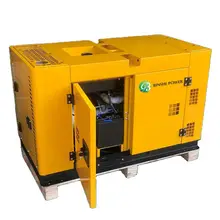
























 浙公网安备 33010002000092号
浙公网安备 33010002000092号 浙B2-20120091-4
浙B2-20120091-4